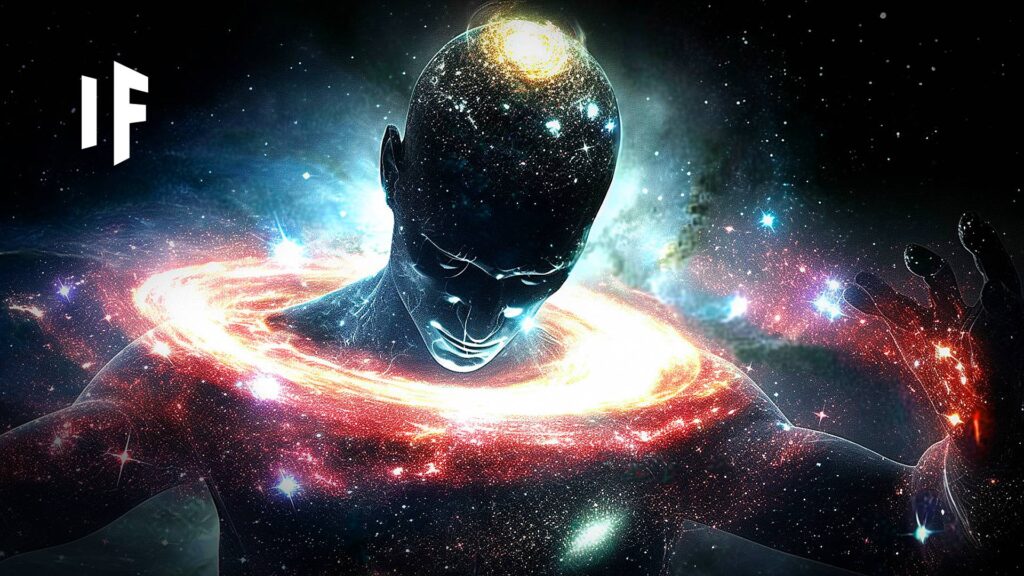Understanding the Kardashev Scale
The Kardashev Scale, developed by Russian astrophysicist Nikolai Kardashev, is a framework for evaluating the technological progress of a civilization based on its energy consumption. This scale serves as a benchmark for how advanced a society might become, with each level representing a significant leap in capability and control over natural forces.
Currently, humanity exists at the lowest tier of this scale, known as Type Zero. At this stage, we are only beginning to tap into our planet’s full energy potential, relying heavily on fossil fuels and other limited resources. However, the scale does not end here. It extends all the way to Type Six, where the very fabric of reality becomes a domain for exploration and manipulation.
Transitioning from Type Zero to Type One: Harnessing Earth’s Energy
The transition from Type Zero to Type One would mark a monumental shift in human capability. This level would require us to master every form of energy available on Earth, including solar, wind, geothermal, and nuclear sources. The goal would be to optimize these resources without depleting the planet’s natural reserves.
At this stage, human civilization would achieve sustainability and resilience. We would have the ability to manage and mitigate natural disasters such as earthquakes and storms, ensuring a safer and more stable environment for future generations. This advancement would also pave the way for a more harmonious relationship between humanity and the natural world.
Advancing to Type Two and Type Three: Expanding Beyond Our Solar System
As a Type Two civilization, humanity would no longer be confined to Earth. We would begin to harness energy from our entire solar system, potentially constructing megastructures like a Dyson sphere around the Sun. This would allow us to capture and utilize vast amounts of energy, significantly increasing our technological capabilities.
Moving on to Type Three would involve managing energy from all the stars within our galaxy, possibly even tapping into the immense power of black holes. This level of advancement would enable us to colonize distant star systems and spread human life across the Milky Way, creating a network of interstellar civilizations.
Reaching Type Four and Type Five: Controlling the Universe
At the Type Four level, humanity would gain the ability to control energy on a universal scale. This would mean we could manipulate the fundamental forces that govern the cosmos. As we progress to Type Five, we would achieve the power to travel through the multiverse, interacting with and altering the laws of physics across different dimensions.
At these stages, our tools would no longer be traditional machines but rather extensions of spacetime itself. We could bend the universe to our will, exploring and shaping realities beyond our current understanding.
Ascending to Type Six: Mastery Over Space, Time, and Reality
A Type Six civilization would be nearly godlike in its abilities. We would no longer be bound by linear time, allowing us to travel to the past or future, pause the present, or exist in multiple timelines simultaneously. Creating and destroying entire universes would become as simple as flipping a switch.
Time would no longer be a fixed line but a vast sea we could navigate freely. This level of mastery would redefine our perception of existence, offering unprecedented possibilities for exploration and creation.
Redefining Humanity in a Type Six Civilization
At this level of advancement, the concept of what it means to be human would undergo a radical transformation. Physical bodies may no longer be necessary, as consciousness could exist as pure energy, capable of taking on any form. Thoughts could shape reality, allowing individuals to live in any universe they desire, create entire worlds, or coexist with other beings of equal power.
Humanity, as we know it, would evolve into something entirely new, transcending the limitations of biology and embracing a more fluid and dynamic existence.
Ethical Considerations of Godlike Power
With such immense power comes profound ethical dilemmas. How do we treat less advanced civilizations? Should we observe or intervene? Would we create life knowing the potential for destruction exists?
A Type Six civilization would require strong ethics, diplomacy, and cooperation among its members. In a reality without limits, the greatest challenge may be finding purpose and meaning amidst infinite possibilities.







